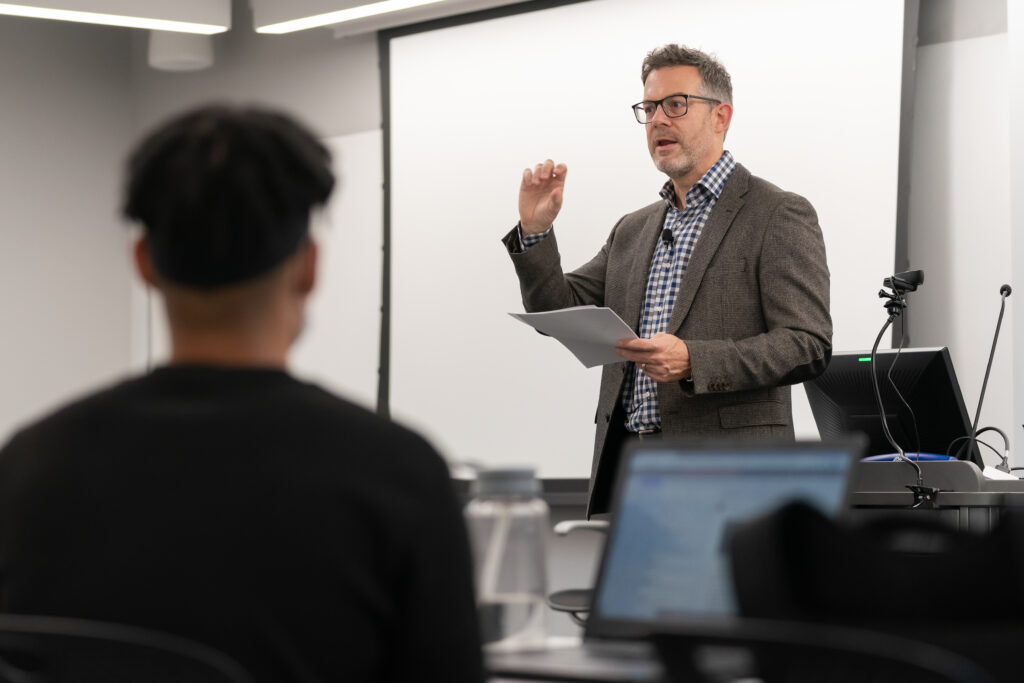Why We Fight
Why We Fight boils down decades of social science on conflict at every level, from nations to ethnic groups to gangs. It’s an accessible and readable way to engage students on a big question and literature.
- A recent syllabus based on the book
- To teach it as a short unit in a course, see sample syllabi, slides, assignments, problems sets, and tips for high school, undergraduate, Master’s and PhD students
How to Change the World
So you want to make the world a better place, but how? So much policy fails. So many good intentions go awry. Why? What makes for good policy? What makes it bad? This is a class on the social science of policy making—the lessons from economics, political science, sociology, and anthropology, plus the practical experiences of practitioners.
The course focuses on policy-making in a global context, especially international policy and development. The focus is on national and local development strategies and domestic policymakers and institutions.
Political Development
Over the past few decades, most low- and middle-income countries have enjoyed growing economies, more order, and greater freedom. Some countries, however, remain poor, violent, or unfree. What explains why some countries have moved along a path of “political development” while others have not?
Spring 2020 syllabus and lecture slides:
Introduction ♦ Reasons for violence I ♦ Reasons for violence II ♦ Reasons for violence III ♦ State Development I ♦ State Development II ♦ Origin of inclusive institutions I ♦ Origins of inclusive institutions II ♦ Bargaining power & the roots of democratization ♦ Sources of societal bargaining power ♦ Legacies of imperialism ♦ Post colonial economic & political crisis ♦ Late 20th century economic & political disorder ♦ Peace interventions I ♦ Peace interventions II ♦ The politics of foreign aid ♦ Fostering stronger states and good governance ♦ Democratization ♦ Democracy, development, & wrap-up
PhD Political Economy of Development
Slides for James Robinson’s half:
A crash course in political economy ♦ The state – Origins ♦ The state – Consequences ♦ The regime I – Dictatorship ♦ The regime II – Democracy ♦ The architecture of democracy ♦ Social institutions ♦ “Deep” institutional variation ♦ Interactions
Slides for Chris Blattman’s half:
Ethnic politics ♦ Social identity and preferences ♦ Social engineering ♦ Rationalist warfare ♦ Non-standard theories of fighting ♦ Frontiers of violence research ♦ Organized crime & gangs I ♦ Organized crime & gangs II
Past Courses
- Columbia University undergraduate: Order and violence
- Columbia University SIPA MIA candidates: Political economy of development
- Columbia Political Science PhDs: Political Economy of Development
- Yale undergraduates: African Poverty and Western Aid
- Yale undergraduates: The Political Economy of Civil War and Terrorism
- Yale Political Science PhDs: Causal Inference and Research Desig

